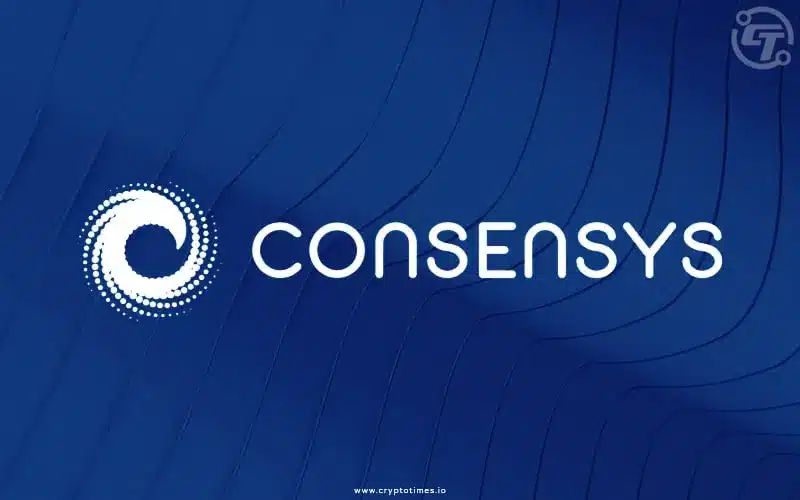The leading provider of web3 and blockchain software technology, Consensys, filed a lawsuit against the Securities and Exchange Commission and its five commissioners, retaliating for what the business describes as the federal regulator’s “illegal seizure of authority” over Ethereum.
The complaint outlines the most recent instances of forceful and illegal overreach of the SEC, as it attempts to regulate ether via ad hoc enforcement measures against Consensys and maybe other parties.
The company seeks a federal court declaration affirming that ETH (Ethereum) is not a security. Additionally, any investigation of ConsenSys based on the premise that ETH is a security “would violate” upon the company’s Fifth Amendment rights and the Administrative Procedures Act.
The company also contends that MetaMask is not considered a broker under federal law and that its staking service complies with securities regulations. Finally, the company requests an injunction preventing the SEC from investigating or taking enforcement actions related to MetaMask’s Swaps or Staking functions.
Consensys disclosed that it got a Wells notice from the SEC on April 10, signaling the agency’s intention to pursue enforcement action against the business for breaking securities laws through its MetaMask wallet program.
Consensys refutes claims that it serves as a broker by claiming that the wallet is “simply and interface” and “neither holds customers’ digital assets nor carries out any transaction functions.”
In addition, the complaint notes that the SEC’s growing control over Ethereum contradicts its previous assertions that the cryptocurrency is a commodity rather than a security.
The Commodities Futures Trading Commission (CFTC), the SEC’s sister regulatory body that regulates derivative products linked to Ethereum, also has authority over Ethereum.
Consensys argues in its lawsuit that because it “built its business against the backdrop of this regulatory consensus,” the SEC’s recent attempt to seize control of Ethereum would “violate the Constitutional requirement of fair notice under the Due Process Clause.” Consensys refers to this as a “about-face.”
According to the lawsuit, the Ethereum network and Consensys would suffer greatly from the SEC’s illegal takeover of control over ETH. The “major questions doctrine,” a Supreme Court decision that prohibits federal regulators from drastically going beyond the parameters of their Congressional responsibilities, is another foundational element of the lawsuit.
In hearings concerning Terraform Labs and Coinbase, two judges have already rejected the notion that cryptocurrency is covered by the concept.
Also Read: Consensys Advocates for Ethereum ETF Approval Amid SEC Debate







